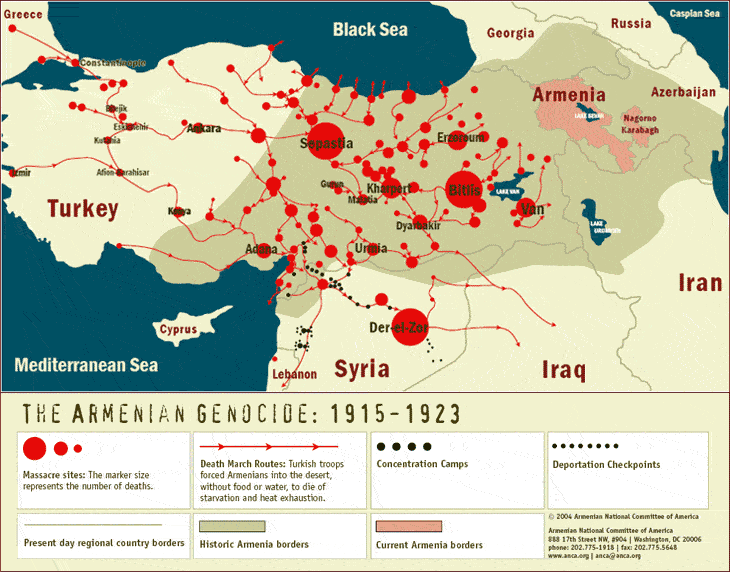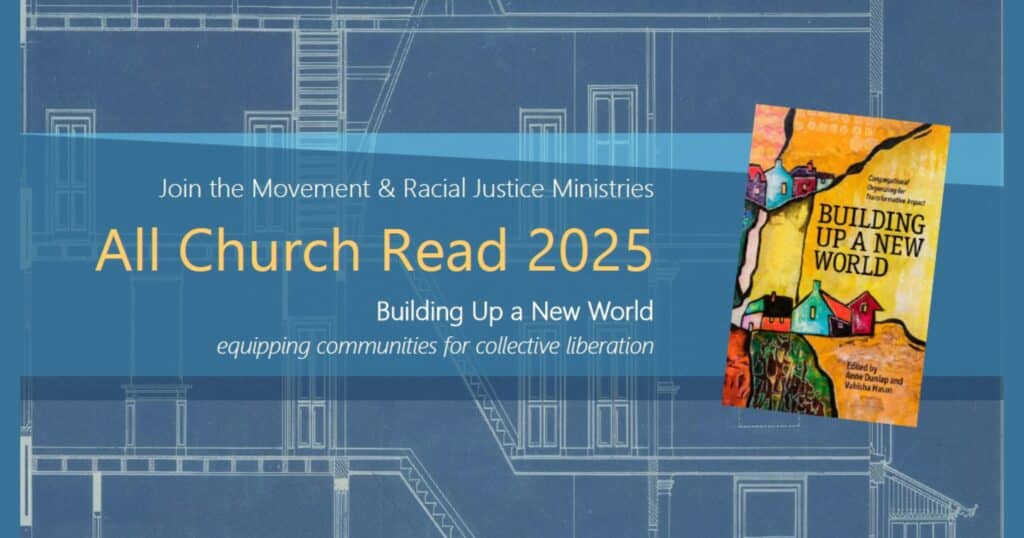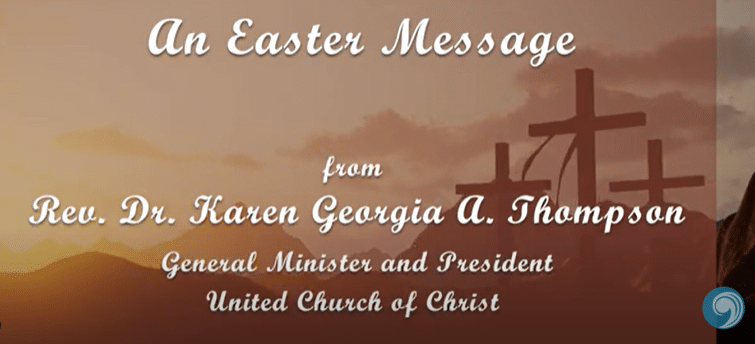100 years after Armenian Genocide, UCC’s work lives on
 Armenians know it as “Meds Yeghern,” which in their language means “The Calamity.”
Armenians know it as “Meds Yeghern,” which in their language means “The Calamity.”
In other parts of the world, the event is known by a much more somber name: The Armenian Genocide.
This year will mark the 100th anniversary of the Armenian Genocide in Anatolia (modern-day Turkey), an event ingrained into the deep history of the United Church of Christ.
“Our history is deeply intertwined with Armenian Christians, not only with the genocide, which was a tragic moment in history, but also with the relationship we celebrate with the Armenian Evangelical community,” said Peter Makari, Global Ministries executive for the Middle East and Europe. “It’s one of our longest relationships.”
On April 24, 1915, in what is now Istanbul, Ottoman authorities arrested approximately 250 Armenian intellectuals and community leaders, beginning the systematic extermination of 1.5 million Armenians, Syrian Orthodox and other minority communities, and the displacement of another 1 million people.
The UCC’s long-standing history of working with Armenians dates back to the early-1800s. Missionaries of the American Board of Commissioners for Foreign Missions, the original name of the UCC Wider Church Ministries, worked primarily with the Armenian community in Anatolia for a century, opening schools and orphanages, establishing hospitals, and preaching the Gospel. Beginning in 1915, they witnessed and documented the atrocities, and advocated for an end to the massacres to local and international officials. Missionaries also raised funds for Armenians who were suffering and those who resettled, mainly in northern Syria.
“Congregational missionaries throughout the 19th century worked with the Armenian community,” Makari said. “Many of our missionaries advocated for the U.S. government to do more [in response to the atrocities] and save the Armenian community.”
Today, the UCC and the Christian Church (Disciples of Christ), through their shared work in Global Ministries, continue their relationships with Armenian Christians in the Middle East, North America and elsewhere. The UCC maintains a close relationship with the Armenian Missionary Association of America—welcoming two executives to the UCC’s national offices in Cleveland this week—and the Union of Armenian Evangelicals in the Near East.
“Because of our longstanding relationships in Christ—in Anatolia, in the Middle East, and in Armenia—the United Church of Christ and Global Ministries have much to appreciate in partnership with Armenian Evangelicals,” Makari said. “With the Union and the AMAA, we share a special bond of history, of concern for peace and justice in the world, of compassion and care for God’s people, and a faith in God that our participation in God’s mission can effect positive change.”
The AMAA was founded in 1918, in Worcester, Mass., and is now headquartered in New Jersey. Its purpose is to serve the physical and spiritual needs of people everywhere. To fulfill that mission, the AMAA maintains a range of educational, evangelistic, relief, social service, and church and child care ministries in 24 countries around the world.
“When we get together, we discuss how we can utilize funds to help Armenians,” said Levon Filian, AMAA West Coast executive director. “We share our prayers, our challenges and our success stories.”
Politically, the Republic of Turkey doesn’t recognize that a genocide against the Armenians took place during World War I, and dismisses evidence about the calamities as mere allegations. That has made recognition of the Armenian Genocide an issue of international significance. However, there is more and more space for discussion and debate in Turkey today about this period in history.
“It takes courage to acknowledge the genocide,” said Zaven Khanjian, executive director of the AMAA. “Even though it is totally documented in the archives of the U.S. State Department, in churches in America, and universities all over the world, it puts organizations who acknowledge it above politics.”
In recent years, with the growth of ISIS in large areas of Syria and Iraq, the AMAA has shifted its attention and some of its resources to the Middle East. The UCC provides some of those resources to the AMAA through the Donchian Fund, a foundation established in 1919 in the will of John B. Donchian, which the UCC now administers. The average spendable income from the fund in the last 10 years has been approximately $175,020.
The past precedent was to allocate about 75 percent of the Donchian funds for relief in Armenia, and the remaining 25 percent for Armenian ministry in the Middle East. This year, Filian said, the AMAA board felt it needed to “take care of our kin in Syria,” and plans to split the funds 50-50.
“What is happening today in Syria is reminiscent of ‘The Calamity’ a century ago,” Filian said. “Certainly the global Armenian community is in solidarity with them, trying to help them and provide basic needs. But the devastation is huge.”
For the 100th commemoration of the genocide, the AMAA will pay its respects to the victims who lost their lives.
“That respect is on the top of the list,” Khanjian said. “Then comes the follow-up of justice, for recognition by the perpetrators—the heirs of Ottoman Empire who occupy Turkey. But justice doesn’t end there, because the Armenian Genocide differs from other genocides. Not only were lives lost and destroyed, but a whole homeland was lost, and this magnifies the tragedy. Wherever Armenians have gone, they have prospered, built, exposed our culture, been good citizens and collaborated with indigenous people.”
Added Filian, “We are having political, cultural and religious activities, seminars, construction of monuments worldwide. The major concentration of that will be in Armenia, the U.S., Lebanon, France and Greece. In May, there will be a national ecumenical commemoration in Washington, D.C.”
Makari said the UCC will send a public letter of solidarity to its Armenian partners on April 24.
Wider Church Ministries is also asking the General Synod to adopt a resolution this June to commemorate the 100th anniversary of the Armenian Genocide that would bolster the current work with Armenian partners and serve as an expression of solidarity.
“I applaud the United Church of Christ for taking a stand for what is true, what is right,” Filian said. “That in itself is a statement we commend.”
For more resources on how congregations and members can observe the 100th anniversary of “Meds Yeghern” on April 24, visit the Presbyterian Church (USA) website.
Related News
2025 All Church Read to empower congregations in ‘building up a new world’: Curriculum, worship resources now available
This year’s All Church Read invites all across the United Church of Christ to imagine the...
Read MoreAn Easter message from Rev. Karen Georgia Thompson
It's Holy Week, and United Church of Christ General Minister and President Rev. Karen Georgia...
Read MoreGlobal HOPE newsletter to provide quick links to helpful resources
A tornado strikes a small southern town. What resources are available to help United Church of...
Read More


